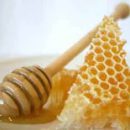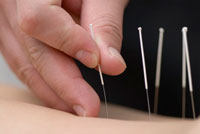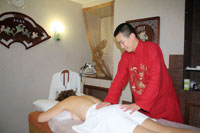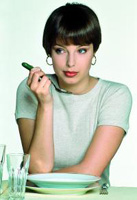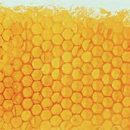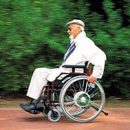Traditional Chinese medicine is the synthesis of ancient Chinese theoretical and practical knowledge and skills. These skills of Chinese medicine specialists are used in the fight against various diseases and illness.
Content
History of Chinese medicine
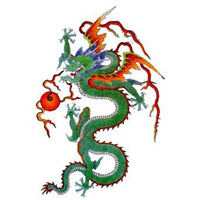 Chinese medicine or Chinese traditional medicine is a synthesis of ancient Chinese theoretical and practical knowledge and abilities to combat various ailments. Traditional Chinese medicine right ranks first in China National Cultural Heritage.
Chinese medicine or Chinese traditional medicine is a synthesis of ancient Chinese theoretical and practical knowledge and abilities to combat various ailments. Traditional Chinese medicine right ranks first in China National Cultural Heritage.
Numerous studies have shown that in antiquity, emerging and developing under the influence of natural and dialectical materialism, Chinese medicine has become simple and bright manifestation. For a long period of time, treatment practice has gradually developed and turned into a peculiar, specific medical system of theoretical knowledge.
In scientific research of ancient Chinese philosophers based on a simple systematic approach in knowledge in the field of biology, astrology and the theory of information, a huge number of modern medical and biological scientific theories.
The philosophy of Chinese traditional medicine is materialistic, as it comes from the recognition of matter the only basis of the world, considering consciousness as a property of a highly organized, social form of motion of matter, brain function, reflection of the objective world. The philosophy of Chinese medicine recognizes the universal dependence of the objects and phenomena of the world, the movement and development of the world as a result of the internal contradictions acting in it.
Among the ancient civilizations, China is considered a cradle of traditional knowledge in medicine. The origins of Chinese medicine originate in deep antiquity, while only scientific systems were born. Through a long path of development of Chinese medicine, each of the ancient Chinese dynasties contributed to the development of traditional medicine. Those periods in the history of the ancient Chinese medicine are noted by the emergence of famous doctors, the emergence of new schools and flows, as well as many famous works and treatises were created, and to this day.
The era of the Board of the Dynasty, Shan, Zhou (21 in. to N.NS. - 256 g BC. NS.) marked by the advent of the first medicinal tinctures or as they were called «Medicinal Wine», Also at this time, therapeutic herbal decoctions appeared (or «Decoction»). Epoch of Board «Western Zhou» (11 V to N.E - first. Paul 771g BC.NS.) belongs to the creation of one of the first collections of poems «Shi-Jin», which is one of the early historical documents containing records of medicinal plants.
The main provisions of Chinese medicine
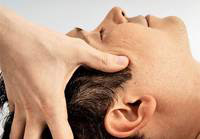 The historical monument of traditional Chinese medicine is «Treatise of a yellow emperor about internal» or «Juan-di Neu-Jing». This treatise had a huge impact on the further development of traditional Chinese medicine. The treatise is written in the form of dialogues between the yellow emperor and its court sage qi-bo. The treatise consists of two parts « Su-Visov» ( or « Questions about the simplest») and « Lin-Shu» ( or «Axis of spirit»).
The historical monument of traditional Chinese medicine is «Treatise of a yellow emperor about internal» or «Juan-di Neu-Jing». This treatise had a huge impact on the further development of traditional Chinese medicine. The treatise is written in the form of dialogues between the yellow emperor and its court sage qi-bo. The treatise consists of two parts « Su-Visov» ( or « Questions about the simplest») and « Lin-Shu» ( or «Axis of spirit»).
The value of the canon is not only in the presentation of medical knowledge and methods for diagnosing, treating and preventing diseases, but also in the fact that it contains information and other ancient Chinese sciences. This treatise was the basis of the theory of traditional Chinese medicine, which includes acupuncture and cavity practices, Qigong breathing exercise systems and point massage.
Currently, everything is more common and writes about the phenomenon of traditional Chinese medicine. A distinctive feature of Eastern philosophy is the presence of a unique system of views on the relationship of a person with its surrounding universe, where a person is a microcosm, which is permanent with the Universal Macrocosmos.
Unlike the Doctors of Western School, Chinese doctors of traditional Eastern Medicine believe that their task is to: to strengthen healthy health, increase the health reserves of illness and treat patients. Maybe therefore more and more people are interested in Eastern philosophy and various health practices.


